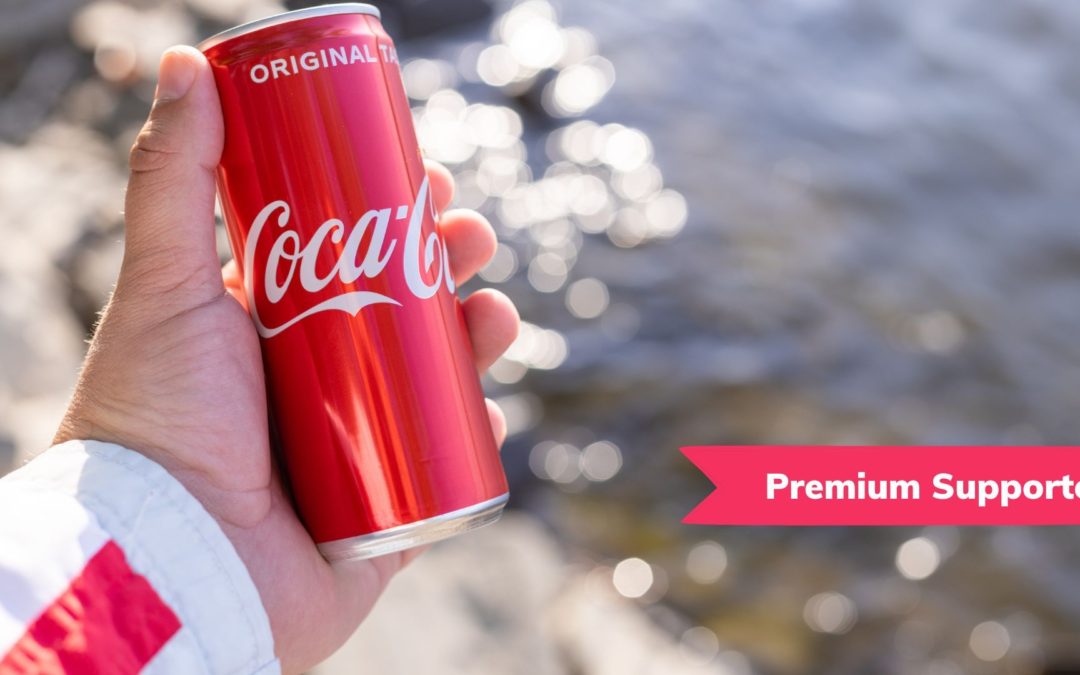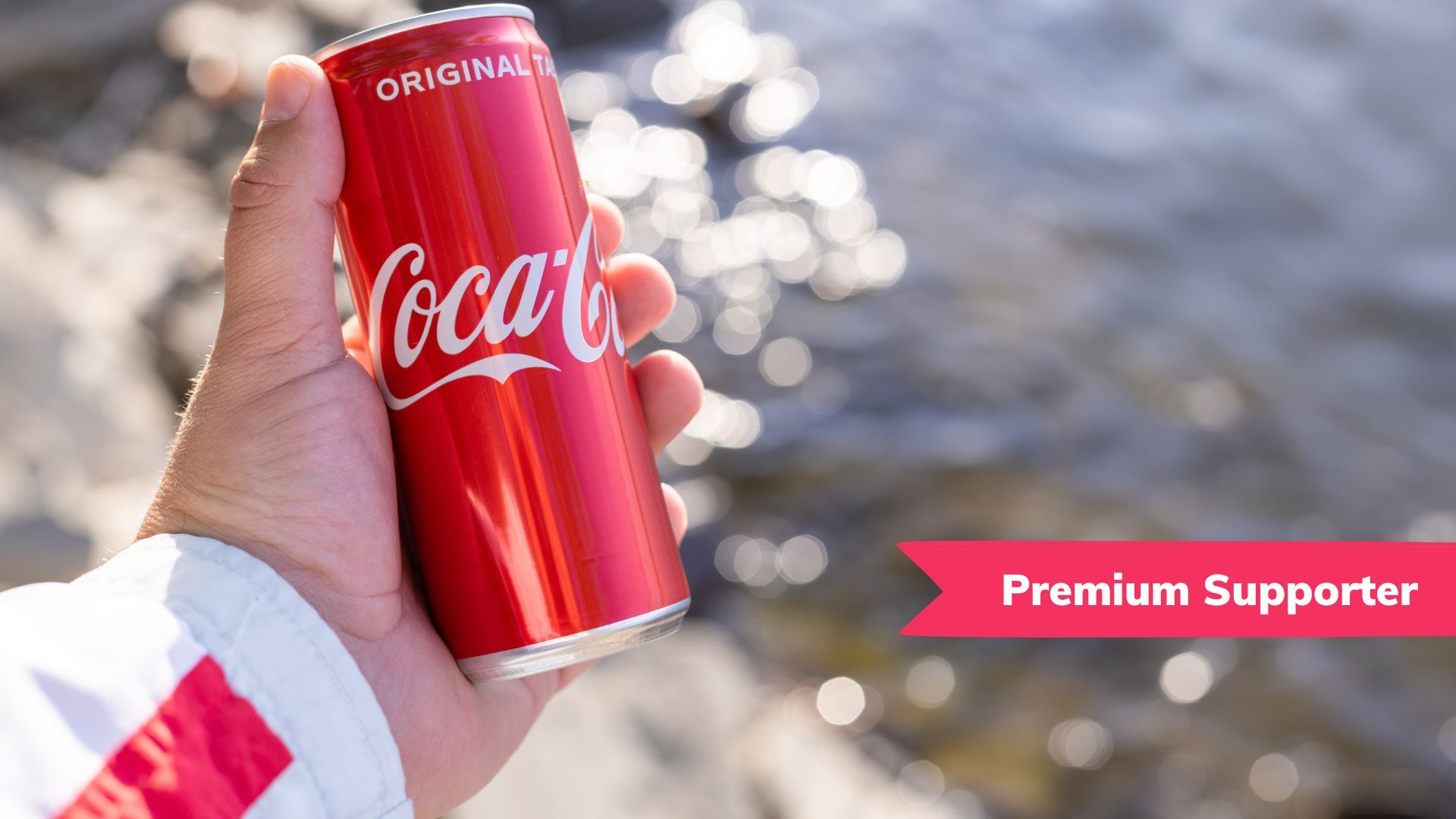
This is a premium article, part of our content for Premium Supporters, open for everyone thanks to the members' generous contributions.
In parts of the world, Coke is sold in new cans. Taller, sleeker and less aluminum is required to make them. In Sweden alone, Coca-Cola saves 451,000 pounds of aluminum every year.

Coca-Cola has often stood as a symbol for American capitalism and may do so in this example as well. Because these lighter cans represent what is happening in the wider US economy.
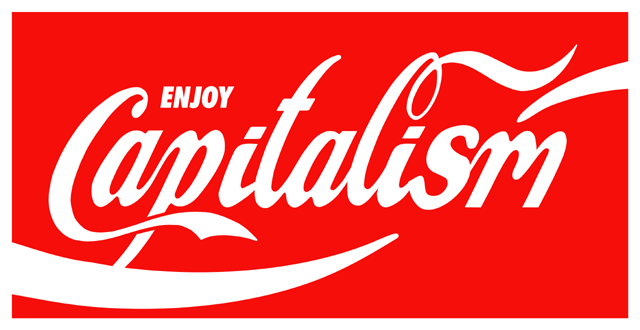
It now consumes fewer resources, not more. Yes, you read that right. Fewer, not more. At the same time as its GDP grows.
The United States has reached Peak Stuff.
The US economy is wasting fewer resources
US consumption of metals (aluminum, nickel, copper, steel and gold) increased between 1900 and 2000, but since then it has declined, and is now 15 percent below the peak level.
And it’s not because of the financial crisis in 2008. The decline began in the early 2000s.
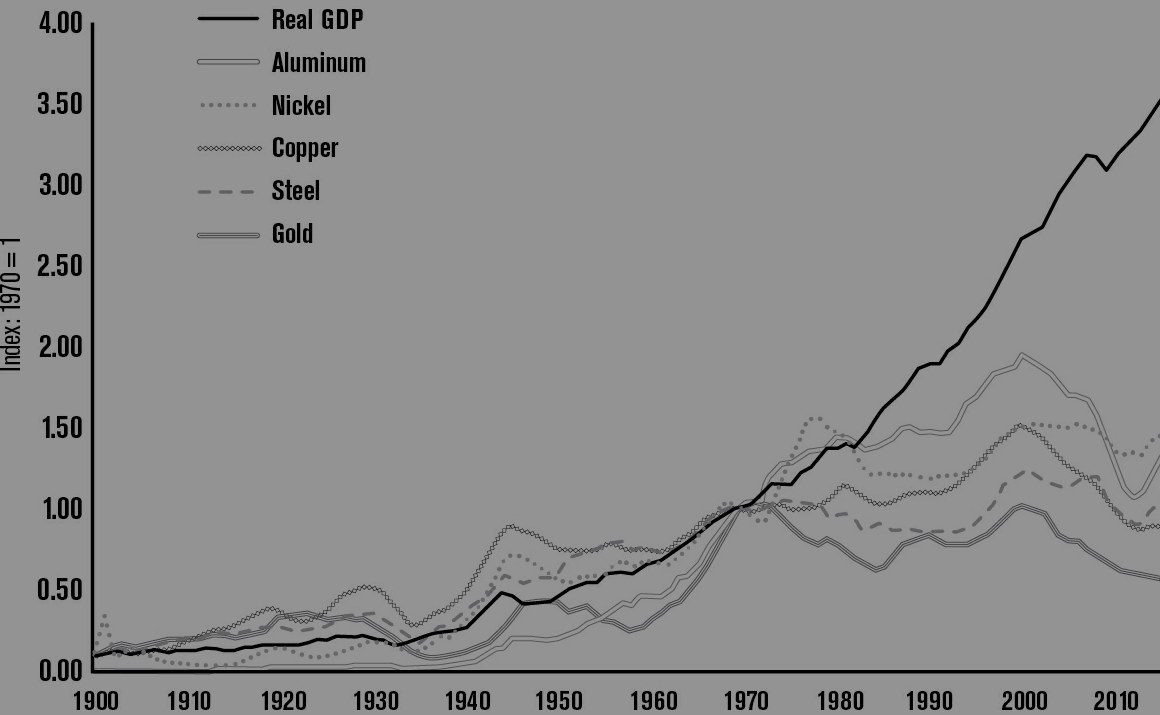
Consumption of stone, cement, sand, wood and paper has also been decreasing: wood and paper since the 1990s, and stone, cement and sand since 2007. The latter is probably strongly influenced by the financial crisis, which had a major impact on the real estate industry and perhaps a recovery will occur in this area. But wood and paper appear to on a definite downward trend.
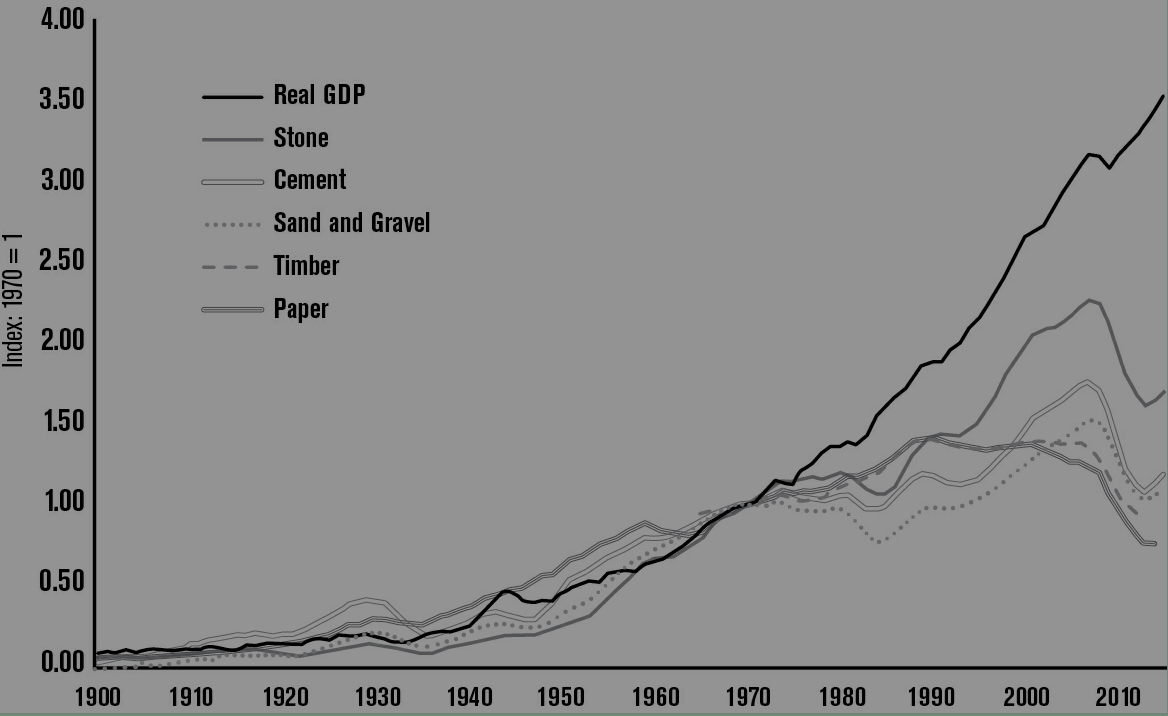
Perhaps even more surprising is that the US wastes less energy. Between 2008 and 2017, energy use decreased by 2 percent, while the economy grew by 15 percent.
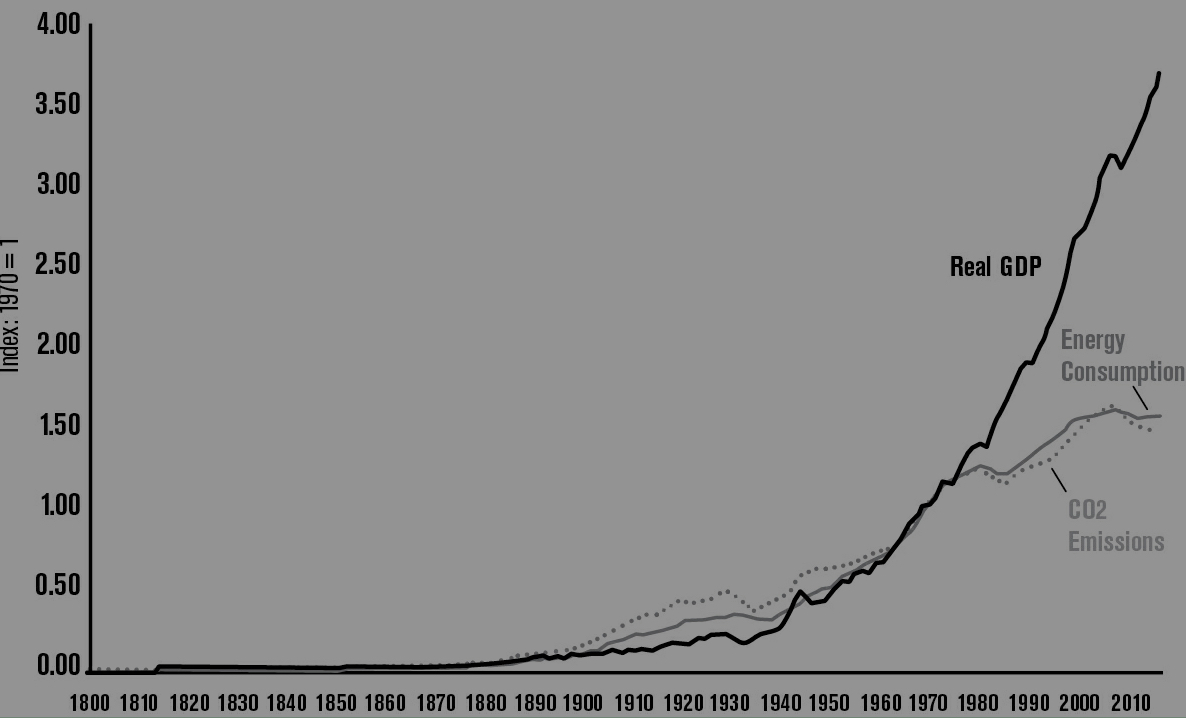
The US also produces more food, but farmers do so on a smaller land area, and use less water (22 percent less) and fertilizers (25 percent less).
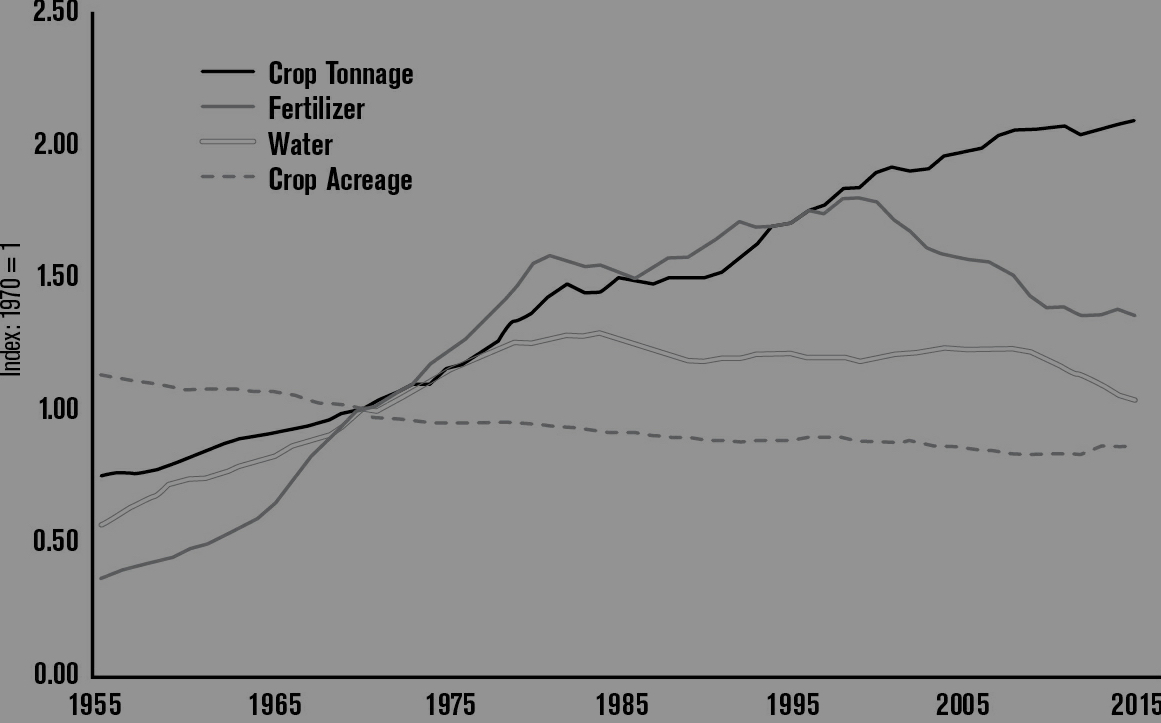
More from less
MIT researcher Andrew McAfee highlights this surprising statistic in his latest book, More From Less. He leads MIT's Initiative on the Digital Economy, with his colleague Erik Brynjolfsson, with whom he also co-authored the highly influential book, The Second Machine Age.
Apart from the UK, reliable statistics are missing for other rich countries, according to McAfee. But if it’s happening in the US, it seems likely it will happen in other places soon. The United States is the country one thinks of when it comes to increased resource utilization, not the reverse.
The fact that the US uses less metals and also consumes less energy is surprising, at least for me, but at the same time not. The world's economies have become digitized over the past two decades, especially the US. This is most visible on the stock exchange. In 1997, there were two tech companies among the ten highest-rated companies in the world: Microsoft and Intel.
The list was topped by General Electric, with Shell in second place and Microsoft third.
Up until very recent times, oil companies have always dominated the list. It is only in the 2010s that more tech companies start to emerge, when Apple, Google, Amazon and Facebook make an entrance, followed by Chinese Alibaba and Tencent.
Seven of the ten highest-rated companies are now tech companies. Berkshire Hathaway is the only non-tech company in the top eight.
What happened is what Andrew McAfee calls dematerialization.
6D occurs when a product is digitized
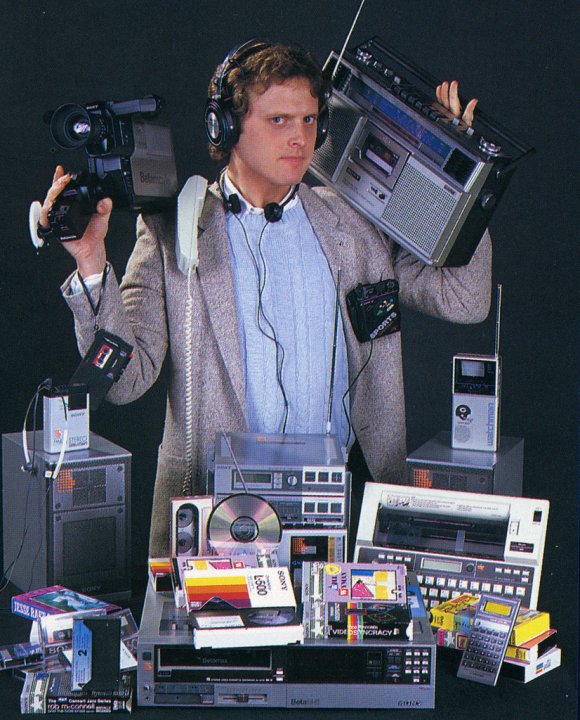
Peter Diamandis, founder of Singularity University, calls it 6D, the steps a product goes through when digitized. (I briefly mentioned this in premium article 1 on self-driving cars.)
Digitized
The first step is when a product is digitized. The example I used in premium article 1 was the digital camera. Steve Sasson developed the first variant in the 70s.
Deceptive
The first digital camera weighed over three kilos, cost several thousand dollars, took pictures at a resolution of 0.01 megapixels, and took a minute to capture them. In other words, it was terrible. It was then easy to believe that digital cameras were not going to take off.
Disruptive
But the camera developed exponentially after it became digital. The process goes faster than you might think. Instead of a few percent better each year, it got twice as good every two or maybe every three years. At first, it didn’t look like much, as the difference between 0.01 and 0.02 megapixels is not noticeable. But after a few doublings it went very quickly and suddenly (it feels like) we have an affordable product.
Demonetized
Thanks to its exponential development, the digital camera is now also becoming cheaper, to the point where it has hardly any intrinsic value by itself. We rarely buy digital cameras nowadays, as they are included in our mobiles.
Dematerialized
A camera in a mobile phone is no longer a product by itself. Phone cameras are now largely software and no longer something we hold in our hands.
Democratized
Then it gets so cheap, thanks to exponential development and dematerialization, that it becomes available to almost everyone.
In a smartphone, a large number of devices have gone through this transformation and are now gathered in one gadget, instead of dozens. We can see the same phenomenon on a desk.
Reduced resource utilization makes green growth possible
The question is relevant: can we manage a green transition and enjoy continued economic growth? So far, this has meant increased resource utilization overall. But if it no longer does, then economic growth is possible even in an environmentally and climate-sustainable society.
More evidence is needed besides McAfee's figures to see if this is a trend in more parts of the world. In Sweden the same thing is true, according to the book Mer från mindre? It is a logical progression. Digitization replaces some physical products, but also gives us, through artificial intelligence and machine learning, the opportunity to design in a more efficient and resource-efficient way. 3D printing opens up new forms of design that were previously impossible. Step by step, we can more efficiently assemble molecules.
The world as a whole probably hasn't yet reached Peak Stuff, but we're starting to approach the crest. It's a future I want to arrive at faster.
Translation by Paddy Kelly (check out his books at Amazon!)
This is a premium article, part of our content for Premium Supporters, open for everyone thanks to the members' generous contributions.

